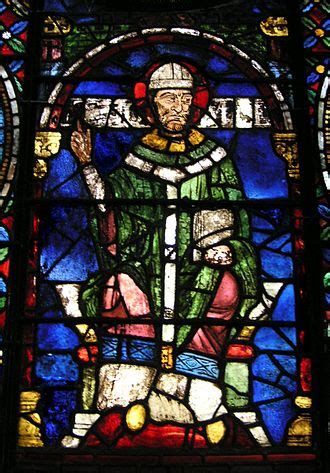A Quote by Nicholas Rodger
'A Naval History of Britain' which begins in the 7th century has to explain what it means by Britain. My meaning is simply the British Isles as a whole, but not any particular nation or state or our own day... 'Britain' is not a perfect word for this purpose, but 'Britain and Ireland' would be both cumbersome and misleading, implying an equality of treatment which is not possible. Ireland and the Irish figure often in this book, but Irish naval history, in the sense of the history of Irish fleets, is largely a history of what might have been rather than what actually happened.
Quote Topics
Actually
Any
Been
Begins
Book
Both
Britain
British
Century
Day
Equality
Explain
Figure
Happened
History
Implying
Ireland
Ireland And The Irish
Irish
Largely
Meaning
Means
Might
Might Have Been
Misleading
Nation
Naval
Often
Our
Own
Particular
Perfect
Possible
Purpose
Rather
Sense
Simply
State
Than
The History Of
Treatment
Which
Whole
Word
Would
Would Be
Related Quotes
When my family moved from Ireland in the 70s, Britain was such a difficult place to be Irish. It was a decade of real social and economic upheaval in Britain. There were strikes, the three-day week, the oil crises, huge inflation, the winter of discontent and, what was it, four Prime Ministers? And relations between Britain and Ireland at that time were at an all-time low. I was born in the year of Bloody Sunday and of course the pub bombings happened in the mid-1970s.
It is not surprising that only one medieval state, Venice, long possessed anything clearly identifiavble as a navy in this sense. We shall see that no state in the British Isles attained attained this level of sophistication before the 16th century, and no history of the Royal Navy, in any exact sense of the words, could legitimately begin much before then. This book, which does, is not an institutional history of the Royal Navy, but a history of naval warfare as an aspect of national history. All and any methods of fighting at sea, or using the sea for warlike purposes, are its concern.
British rule depends upon repression and collaboration and the Irish people should recognise that those who collaborate with Britain in exchange for a slice of the cake will implement British policy and remain silent when Irish people are murdered and oppressed. It is they who are responsible for prolonging the war in Ireland. Without the quislings, without the collaborators, we would already have reached freedom.
From my earliest youth I have regarded the connection between Ireland and Great Britain as the curse of the Irish nation, and felt convinced, that while it lasted, this country would never be free or happy. In consequence, I determined to apply all the powers which my individual efforts could move, in order to separate the two countries.
We have long had emigration in Ireland. But the nature of emigration has changed. With ferries to Britain and the continent, as well as air travel, emigration isn't the cutoff it used to be. In addition, some of our young people are being educated to levels beyond our present capacity to provide the jobs they are qualified to do. So they go abroad. Many want to come back, especially when they have children they would want to be raised in the Irish society and in the Irish educational system.
Ironically, there is a history of black/Irish communion here in the states; Irish and African American brothers and sisters have often found common cause in fighting the bigotry both communities faced earlier in the 20th century. However, white skin privilege among the Irish separated them from blacks, who had no such advantage to fall back upon. The solution is to fight bigotry and racism wherever they appear, and to root out the forces of oppression as conscientiously as possible.
Whether in peaceful trade or warlike attack, the sea unites more than it divides. Even if it were possible to treat England, or the British Isles, as a single, homogenous, united nation, it would still be impossible to write its naval history without reference to the histories of the other nations, near and far, with which the sea has connected it.




























